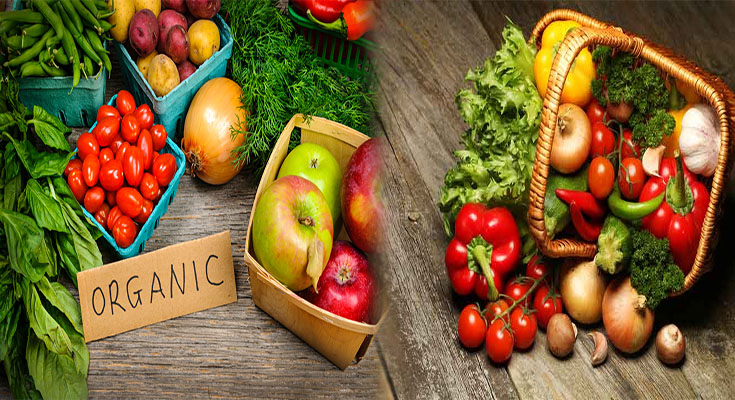When buying organic food, it’s important to look at the ingredients. The Environmental Working Group has lists of fruits and vegetables with the lowest levels of pesticide residue. You can also look for vegetables that are hard and rindless, which means they don’t have as much pesticide residue as other fruits and vegetables.
Ingredient list
You can find out more about organic food by reading its ingredient list. Most organic ingredients are natural and are not harmful to your body. However, there are some exceptions. Some ingredients can alter your body’s alkalinity, causing it to become more acidic, which will lead to disease. In contrast, an alkaline body will help repair your cells and get rid of free radicals.
Cost
Organic food tends to be more expensive than conventionally grown produce. This is because the process of producing organic food requires more labor and intensive management. Organic farms also spend more time protecting their croplands and practicing crop rotation, which helps the soil retain nutrients.
Health benefits
Unlike conventional foods, organic foods are sprayed with less pesticides and contain higher levels of nutrients. This can help people avoid many diseases. In addition, organic food tastes better and does not contain toxins. It has also been shown to strengthen the immune system and reduce the risk of certain diseases.
Irradiation
Irradiation of organic food is the process of using ionizing radiation to process a product. This process is not required for foods bearing the USDA organic label, but some imported foods may be irradiated. However, you can find reviews of irradiation facilities, and ask companies about the process of irradiation before purchasing your food.
Environmental impact
Organic food is more environmentally friendly. It’s been shown that the production and processing of conventionally grown food causes damage to ecosystems. Biodiversity is a key component of ecosystem health, but it’s often neglected. In Germany and Middle Europe, for example, there has been a dramatic decline in flying insect biomass over the past 27 years. This decrease is suspected to be related to the intensification of conventional agriculture.





